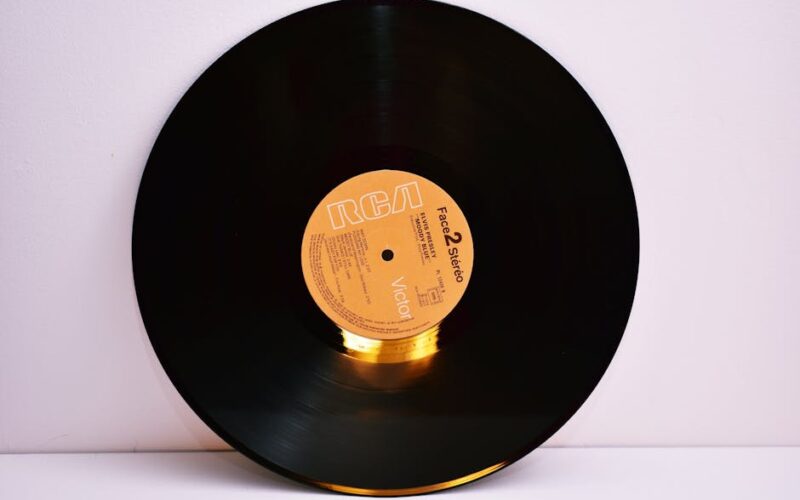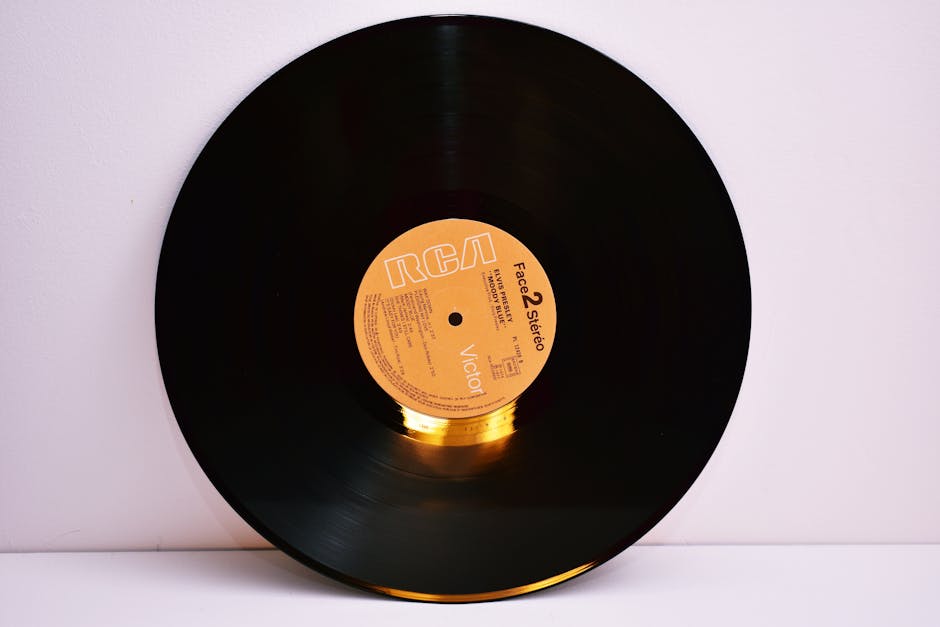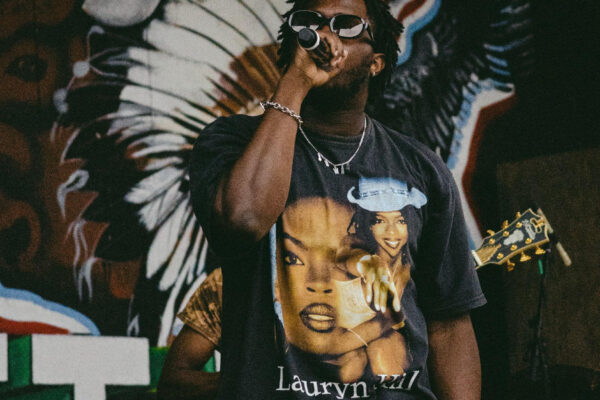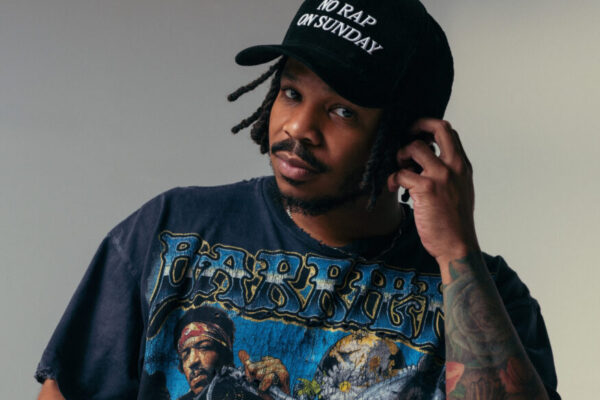Introduction to Independent Record Labels in Hip-Hop
Starting an independent record label in the hip-hop scene is like building your dream team from the ground up. You’re not just creating music; you’re shaping culture. Independent labels are the backbone of hip-hop, giving artists the freedom to experiment and express themselves without the confines of major label expectations. These labels operate outside the major label system, allowing for more creative control, flexibility in decision-making, and often, a closer connection to their audience. Think of them as the indie film makers of the music world – they might not have the same budget as the big guys, but what they lack in finances, they make up for in passion, innovation, and the ability to spot raw talent. Breaking into this world means understanding not just the music, but the business behind it. You need to be ready to wear multiple hats, from talent scout to marketer, and everything in between. But make no mistake, while the rewards can be great, the challenge is not for the faint of heart. Ready to jump in? Let’s dive deeper into what sets independent record labels apart in the hip-hop community and how they continue to influence the genre’s evolution.
Understanding the Hip-Hop Music Scene
The hip-hop scene isn’t just about the music; it’s a culture that embraces diversity, innovation, and self-expression. To really make it in this world, you’ve got to live and breathe hip-hop. It’s more than beats and rhymes. It’s about telling a story, your story, and connecting with those who vibe with it. This genre has exploded from the streets to the global stage, mixing old-school with new-school, and it keeps evolving. Knowing who the key players are, what trends are hot, and where hip-hop is going next is crucial. Get familiar with influential hip-hop artists, both mainstream and underground. Understand how platforms like social media, streaming services, and live performances drive what’s hot. This scene is competitive, but if you’ve got authentic tunes and a fresh approach, there’s space for you. Remember, it’s not just about dropping tracks; it’s about building a movement.
Essential Steps to Launch Your Independent Record Label
Starting your own hip-hop record label sounds exciting, right? But where do you begin? Let’s break it down into manageable steps. First, you’ve got to define your brand. What makes your label different? This is your identity in the music world. Second, it’s time to get your business right. Register your business to keep things legal and above board. You’ll need a business name and possibly a partner. Third, no label can run without music. Start signing artists. Look for talent that aligns with your brand identity. Fourth, get your music out there. Distribute your tracks on digital platforms and consider vinyl or CDs for a retro touch. Fifth, promotion is key. Use social media, music videos, and shows to get your artists noticed. Finally, understand this is a marathon, not a sprint. Success in the hip-hop game takes patience, passion, and resilience. Keep pushing, and let your label’s voice be heard.
Legal Considerations for New Record Labels
When starting a record label, you’ve got to keep legal stuff in the loop or you might hit a snag. First off, you need to decide on a business structure. Are you going solo as a sole proprietor, teaming up in a partnership, or stepping it up with an LLC? Each choice has different legal and tax implications. Next, trademark your label’s name and logo to keep them safe from copycats. Remember, someone else might have the same brilliant name idea, so check first before setting your heart on it. Also, you have to get your hands on music licensing. This means getting permission to use someone else’s music and knowing how to pay artists right. Lastly, don’t skip out on contracts. Whether it’s artists you’re signing or deals you’re making, having agreements in black and white keeps everyone clear and out of trouble. Keep these legal tidbits in check, and you’re paving a smoother path for your label’s journey in the hip-hop scene.
Building a Brand: Logo, Identity, and Presence
Starting your own hip-hop record label means more than just music; it’s about creating a brand that stands out. Your label’s logo, identity, and presence online and offline will set the tone for everything you do. When we talk about your logo, think simple but memorable. You want people to see it and immediately connect it with your vibe and music. Your label’s identity is how you communicate your brand’s personality. Are you all about hardcore rap, or do you lean more towards hip-hop that tells a story? Your identity includes everything from your label’s name, the way you design your website, to how you talk to your audience on social media. Presence is all about being seen and heard. In today’s world, that means having a strong online presence on platforms like Instagram, Twitter, and TikTok. But don’t forget the real world. Networking at music events, collaborating with other artists, and getting your merch out there are crucial steps to make sure your label doesn’t just exist but thrives in the hip-hop scene. Remember, building a brand is a marathon, not a sprint. Take your time to do it right.
Finding and Signing Talents in the Hip-Hop Industry
Finding talent in the hip-hop industry is a game of both skill and luck. Start by diving into local scenes. Hit up open mics, small gigs, and hip-hop battles where fresh talents often get their start. Social media is your best friend here. Many artists showcase their work on platforms like Instagram, SoundCloud, and YouTube. Follow hashtags, join groups, and engage. When you spot someone with potential, reach out. But remember, signing talent is not just about finding someone with skills. You’re looking for artists who are hardworking, dedicated, and fit your label’s vibe. Talk to them. Get to know their goals and see if they align with yours. When you’re ready to sign, keep contracts fair and transparent. This builds trust, and in the hip-hop world, trust is everything. Your reputation as a label that cares can set you apart and attract more talents your way.
Marketing Strategies for Independent Labels
Marketing is key for any independent record label, especially in the hip-hop scene. Firstly, know your audience. Hip-hop listeners value authenticity and street cred. Use social media to your advantage; platforms like Instagram and Twitter are where your audience hangs out. Regular posts, behind-the-scenes looks, and artist shoutouts can build a community around your label. Collaborations are another golden ticket. Teaming up with established artists or labels can put your music in front of a wider audience. Don’t overlook digital platforms like Spotify and Apple Music; playlists are the new radio stations. Get your tracks featured on as many playlists as possible. Lastly, merchandising is not just about extra cash. Branded clothing or vinyl releases are marketing tools that walk around town. Simplify your approach, focus on what works, and always, always keep it real. That’s how you make noise in the hip-hop industry without breaking the bank.
Distribution Channels for Your Music
Getting your music out there is crucial. Luckily, there are many ways to distribute your tracks. First up, digital platforms like Spotify, Apple Music, and Bandcamp. These are essential for reaching listeners worldwide. Remember, signing up for a digital aggregator like DistroKid or TuneCore can make this process much smoother by getting your music on multiple platforms at once. Next, consider physical sales. Yes, CDs are less popular, but vinyl is making a big comeback, especially in the hip-hop scene. Selling at shows or through independent record stores can add a personal touch. Lastly, don’t overlook social media and streaming services. Sites like YouTube and SoundCloud are great for direct engagement with fans. Mix a smart digital presence with traditional methods, and you’ve got a recipe for getting your music heard.
Monetizing Your Music: Revenue Streams to Consider
To make money from your hip-hop label, you gotta be smart about where you’re getting your cash from. You’re not just selling songs; you’re selling a brand. Let’s break down the main ways to rake in those dollars. First, music sales, including digital downloads and physical albums. Yeah, streaming’s taken over, but people still buy music, especially if they’re supporting artists they believe in. Next, live performances. Shows and tours are where the money’s at. Charge for entry, sell some exclusive merch, and you’re golden. Speaking of, merchandise is a goldmine. Fans love to rep their favorite labels and artists, so get creative with t-shirts, hats, and whatever else you can slap a logo on. Don’t forget licensing and publishing. When movies, TV shows, or other artists want to use your music, they gotta pay. This can be a steady income if you play your cards right. Lastly, streaming revenue. It might not seem like a lot at first, but those fractions of a cent per play add up, especially as your label’s popularity grows. Each stream means more in your pocket. Understand that each stream adds up and finding multiple revenue streams can really boost your label’s income. Keep these avenues in mind, and you’ll turn your music into money.
Challenges and Rewards of Running an Independent Label
Running an independent hip-hop label comes with its set of challenges and rewards. Let’s chat about the uphill battles you might face. First off, cash flow is tight. You’re not backed by major label money, so every dollar has to count. Marketing your artists and getting their music out there falls heavily on your shoulders—no big promotions team here. You’ll also bump into distribution hurdles. Unlike major labels, you have to hustle harder to get your music on streaming platforms and into stores. And don’t forget about competition; standing out in a crowded hip-hop scene is no small feat.
But here’s the flip side—the rewards. You call the shots. Your creative vision drives the label, and you get to shape the careers of your artists. There’s also a tighter bond in independent setups; you’re not just a label boss, you’re part of a musical family. And when success hits, it’s sweeter. You’ve built something from the ground up, against the odds. Plus, there’s respect. The hip-hop community honors those who stick it out independently, valuing authenticity over commercial success. So, yes, it’s tough, but the payoff? It can be huge, both in satisfaction and potentially in the bank.
















Leave a Reply